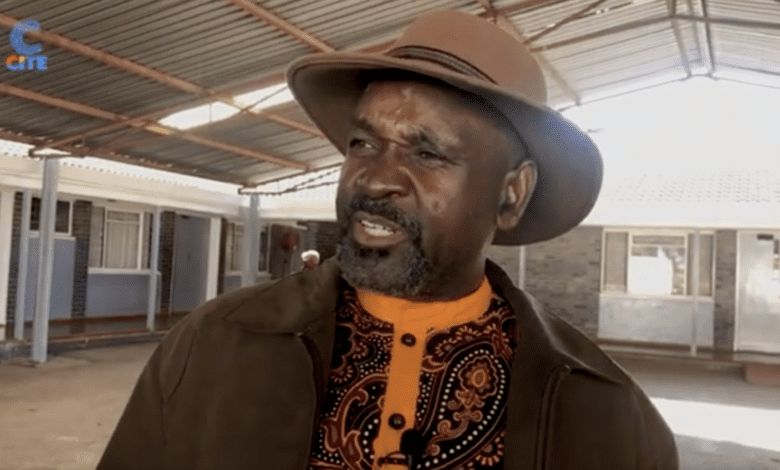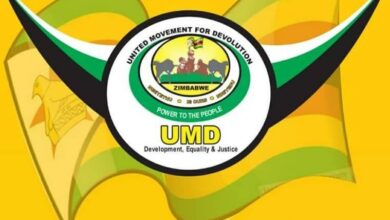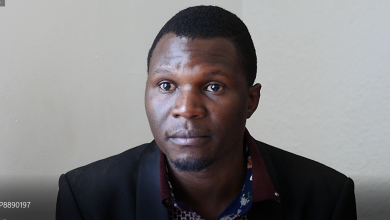‘Gukurahundi is not a Matabeleland issue’

Gukurahundi genocide is a national crisis that needs a national outlook and solution, the former speaker of Parliament, Lovemore Moyo has said, noting that even if the Zanu PF government were to removed from power, the matter will still need attention from the new government.
Moyo, who now leads the United Movement for Devolution (UMD), said it was vital to have truth-telling to know the perpetrator’s intentions in order to solve the genocide.
“This is a national problem and national crisis. Even if the Zanu PF government is removed from power, Gukurahundi will remain. Don’t think that because Zanu, which sent people to kill the matter will disappear, no it will not because we are talking about human beings who were affected,” he said while addressing the press after UMD had launched its election manifesto Saturday.
He said Gukurahundi was not a problem exclusive to the affected Matabeleland and Midland provinces or the victims only.
“It is not the preserve of one particular organisation – the government but Gukurahundi is a national crisis, a problem of the entire country as it was inclusive of all our communities. They participated.”
Moyo noted any government must give itself the responsibility to resolve the matter as it would not be easily swept away.
He highlighted how former United States President, Bill Clinton, apologised on behalf of White Americans who were injecting Black Americans with syphilis after 60 years.
“They were injecting black men wanting to know how syphilis functions in the body and how many years it survives. Some of the victims lived over 50 to 60 years with that injection inside them and Bill Clinton made it his responsibility to publicly apologise on behalf of those before him. He acknowledged that a bad thing was done but would compensate those people who were affected by that disease and were still sick,” Moyo said, adding this was a challenge to Zimbabweans.
“We must not assume that since Zanu F is out of power, those issues will be over and of the past. No, we are not going to accept that but it must be resolved.”
Moyo said as part of solving it a process of truth-telling, reconciliation, and to some extent, justice must be done.
“Therefore an independent judiciary and commission will be ideal to deal with Gukurahundi, where various stakeholders and participants and victims come together to answer before that commission. We need to know their roles and intentions. How can you say Gukurahundi is gone without having interrogated the intentions of those people who perpetrated it?” the UDM leader questioned.
He noted that a Rwandan and South African model seemed to be the perfect starting point for the government of the day.
“How do we compensate the community for the loss of development? How do we compensate individuals for the loss of relatives and so on? If we are to gauge on that, I stand by the principle of first -having a judiciary commission telling us what happened then we can start now forgiving each other. We can’t just talk about reconciliation before we find out what happened,” Moyo said.
The former Speaker noted that claiming to solve Gukurahundi by issuing birth and death certificates to victims was not enough.
“We can’t just say I’m helping the Gukurahundi victims, it’s fine let them do the birth certificates, I don’t have a problem with it but that’s not a resolution. A resolution of the crisis is when we get to find out what the fear was, then we will have an understanding, then find a process of building unity and reconciliation,” Moyo said.
He suggested that perhaps the government could adopt the Rwandan style, where courts were established at various levels but emphasised that the government’s role was facilitatory.
“We need formulas where the government facilitates but does not play a leading role. It can appoint an independent commission and judiciary. I know there were lots of independent commissions set up to investigate this particular issue though those commission reports are still outstanding up to now,” Moyo summed.
“But the issue is let’s be real and that being real means the government formally outlining a process.”






